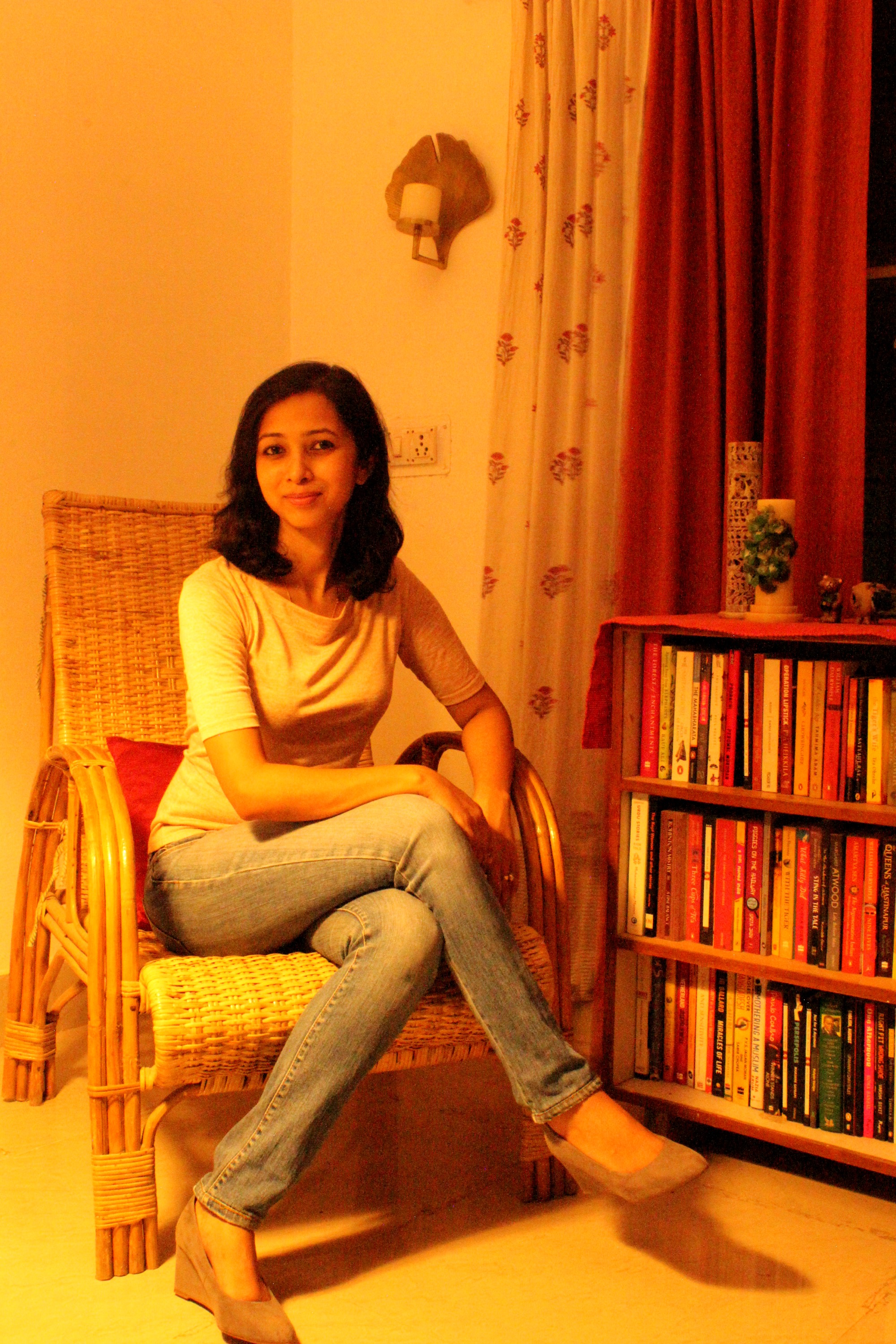Round 2 of parenting? No, thank you, say these grandparents
- Azera Rahman

- Oct 1, 2021
- 4 min read
A section of Indian grandparents is refusing to ‘parent’ their grandchildren, preferring instead to live on their own terms
For Mint Lounge

Some of the elderly are keen to retain their independence. (iStockPhoto)
In Shoranur, a village in Kerala, 76-year-old Gouri Venugopal leads a life of her choice, peppered with a copious amount of gardening. She prefers to live by herself rather than with one of her three children, all of whom are married and well-settled. “I also made it clear that I will not move in to help raise their children,” the septuagenarian, who lost her husband a few years ago, says gently but firmly. “I have raised my kids and now they have to take care of their own.”
It was a decision made many years ago, when her husband retired and she could finally indulge her passion for gardening in her own house.
For many, Venugopal’s may seem like an isolated voice. Which grandparent would not like to stay close to their grandchild? But herein lies the fine print. Spending time and indulging the grandchildren is exactly what Venugopal and, for that matter, many elderly people would agree to do in a heartbeat. But taking on a second round of parenting? This is where they draw the line.
Pune, Maharashtra-based psychotherapist Mini S. Nair says the expectation that parents should move in to help out, or vice versa, is indicative of the “transition phase” society is going through. “We may have become nuclear families but in our minds, we have still not left the joint family structure,” she says. “We still expect the elderly to lend a hand to look after the young, and the young to look after all the needs of the elderly. There is immense societal pressure both ways.”
Manoeuvring through such decisions isn’t always smooth for the elderly or their children. But some grandparents are now opting out, for a variety of reasons. One reason is the difference in parenting styles. “Children of this generation are very different from earlier times. They think differently, are more adept with gadgets. Even the parenting style is very different from what it used to be,” says Venugopal. “I don’t have the energy or patience to adapt to all these new things at this age. I was young when I raised my children; I had my own way of raising them. Now it’s up to my children to raise their own according to their style.”
They are also keen to retain their independence and live their own lives. Pune-based Geeta Malkhani, who is in her 60s, lives with her husband and has made it clear to her son and daughter—both married—that if and when they decide to have children, they should not expect her to move in to help raise them. “My life, my schedule is very important to me; I am working and would like to continue doing so as long as I can,” says Malkhani, who is a teacher. “So when I told my children they shouldn’t expect me to parent their kids, I meant that while I would love to spend time with them, I cannot change their nappies for them. I did my bit when I had to and now it’s their turn.”

Representational image: Not everyone who moves in with their children is unhappy. (Photo by Sven Mieke on Unsplash)
Malkhani had, in fact, asked her son to find a place of his own the day he decided to get married. It was a decision that made everyone, including her to-be daughter-in-law, happy. “We copy the West in everything; why not in this?” she asks.
Nair’s mother, 76-year-old Kamakshi Nair, lives on her own in Kerala. “During one of my visits home, I helped my mother set up the internet connection, and with some other chores. It made me realise how much she manages on her own,” she says. It was also an indication that though it may still be challenging in some ways, more and more of the elderly are becoming tech-savvy. Kamakshi Nair, for instance, has been getting all her household supplies home-delivered since the pandemic.
Closer home, the pandemic introduced my own mother-in-law to OTT platforms, while my mother keeps her social circle active through video-calls to family and friends.
For Kolkata-based Rajen Sen, 70, mornings are dedicated to monitoring his blood pressure on the digital BP machine, and then the stock market on his laptop. “This is how it has been since the past three years, after I had a stroke,” he says. Sen’s wife died 10 years ago and his only child lives in Delhi with his wife and daughter. “I get bored there (in Delhi) after some time. Here, I am busy,” he says.
Sen’s son did suggest he move in with them after the stroke. “They said that it would ensure ready help in an emergency and my grandchild would have company when they are away at work. The idea of being close to my granddaughter is a happy one but I refused,” says Sen. “I said I will go if they need me urgently but I don’t want to move in permanently and start afresh with compromises at this age.”
The option to have a say in these matters, delicate at times, depends crucially on two things: financial independence and health. “I am economically independent and can therefore take decisions and lead the life I want to,” Venugopal says. “But if tomorrow my health fails, I will have to seek my children’s support.”
This doesn’t mean she lacks a support system. “I have a friend who lives with her son, and she often comes and stays over. We cook, eat, talk. It’s great to have company.” Neighbours who have lived close by for years, friends who visit, relatives—they all form part of the bigger support system that the elderly often rely upon.
Emotions can run high, however, with such decisions and sometimes practicality takes pole position. Not everyone who moves in with their children is unhappy but as Sen puts it, “I have always lived for my family; let me, as far as I can, live for myself now.”




Comments